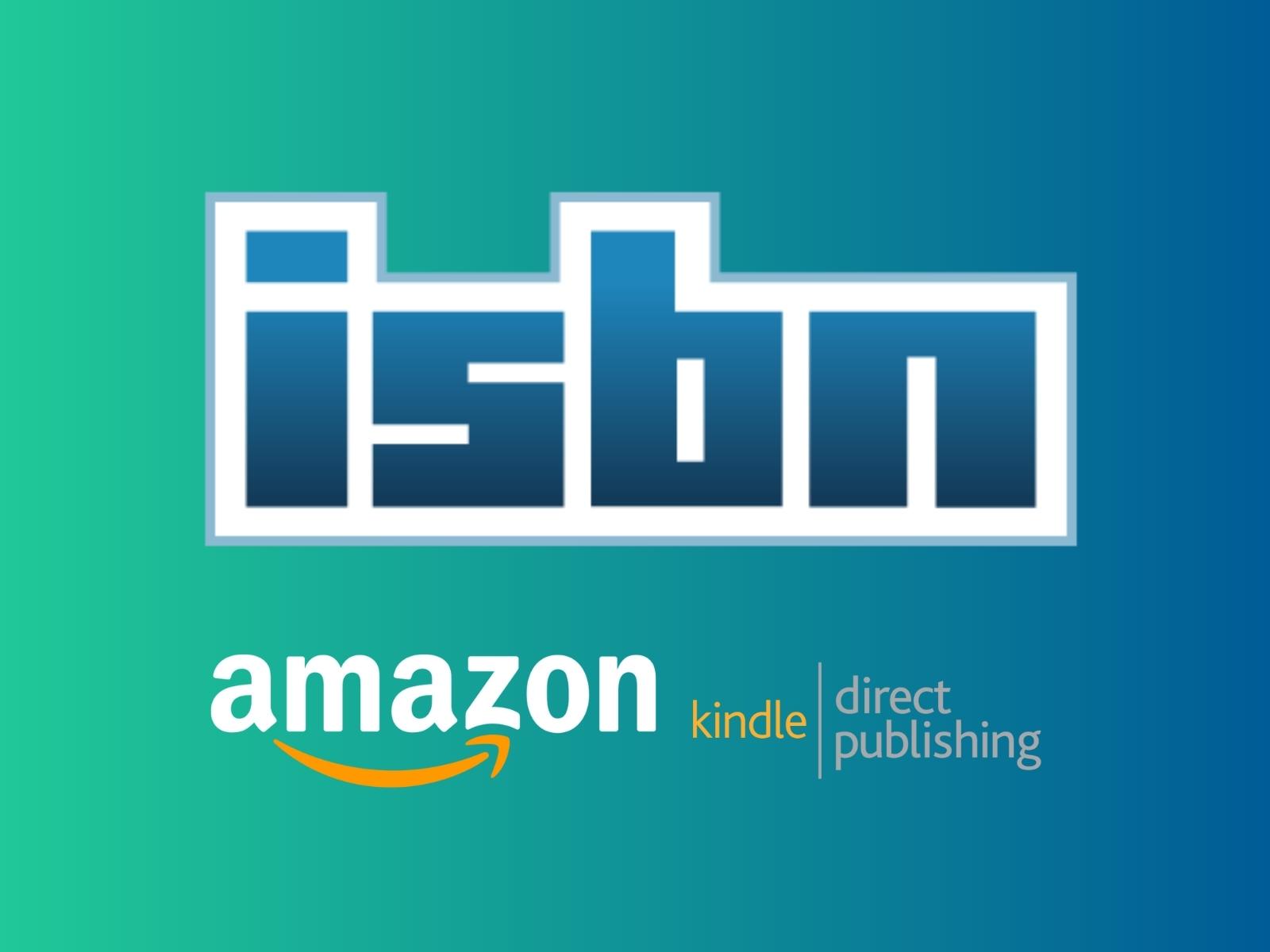The International Standard Book Number, or ISBN, is a unique 13-digit identifier assigned to every book that gets published. It's akin to a barcode in a supermarket, differentiating not only the title of the book but also its format, such as paperback, hardcover, or eBook. Just like different types of tomatoes have unique codes, every version of a book has its own ISBN. Authors can acquire ISBNs from various sources, including Amazon, Bowker, IngramSpark, and Nielsen, each with its own set of advantages and disadvantages.
However, it's important to remember that the 'N' in ISBN stands for 'Number', so it's redundant to call it an 'ISBN Number'.
There are two main ways to obtain an ISBN: either get a free one from a print-on-demand company such as Amazon KDP or buy one from the ISBN seller in your country. Free ISBNs are provided by companies like Amazon KDP and IngramSpark, but they often come with certain limitations.

An Amazon KDP ISBN, for instance, can only be used for selling a book on Amazon and does not allow the author or their company to be listed as the publisher. Similarly, an IngramSpark ISBN restricts the use of the ISBN to its own platform and lists its own imprint, IndyPub, as the publisher. Once used, these ISBNs are permanently tied to that edition of the book.
ISBNs Agency, in the United States, allows authors to purchase a custom ISBN and sell their books through any retailer using the custom ISBN. Authors can list their own name or company as the publisher using a custom. ISBNs can be purchased individually or in bundles, with the cost per ISBN decreasing with larger bundles.
IngramSpark has partnered with the US ISBN Agency to offer discounted ISBNs for US customers only. Similar services are available in the United Kingdom through Nielsen Book UK and in Australia through Thorpe-Bowker. In Canada, ISBNs can be obtained for free. There are many countries that offer ISBN for free to their citizens only. But that also comes with limitations and takes longer to obtain an ISBN. Authors have to provide information to prov their citizenship and in some case ISBN agency offering free ISBN require authors to register a legal publishing company to obtain ISBNs. You can learn more about ISBN at FreeISBN.com.
Each format of a book requires a unique ISBN, but minor changes to a book do not necessitate a new ISBN. Major changes like changing the title, or changing the publisher do require a new ISBN. ISBNs do not expire and cannot be transferred.
Barcodes are essential for book sales as they allow retailers to track inventory. Usually, barcodes are placed back of the book cover design. However, barcode is just a machine-readable code. ISBN code are converted into a machine-readable code and place back of the book cover. There are online tools and software that can help authors convert the ISBN code into a barcode that can be downloaded as an image for free.
Finally, there are two types of ISBNs: ISBN-10 and ISBN-13. The ISBN-13 was introduced in 2007 when we ran out of ISBN-10 numbers. ISBN-13 is also compatible with the 13-digit EAN codes used in other industries. Now, ISBN-13 always starts with either 978 or 979. The last digit of the ISBN is a check digit, calculated based on the first 12 numbers, to ensure the ISBN has been entered correctly.
You can also purchase US-based ISBN even if you are not from the US at a low cost from FreeiSBN.com. FreeISBN.com offers ISBN services, resources, and tools such as a barcode generator for free.


